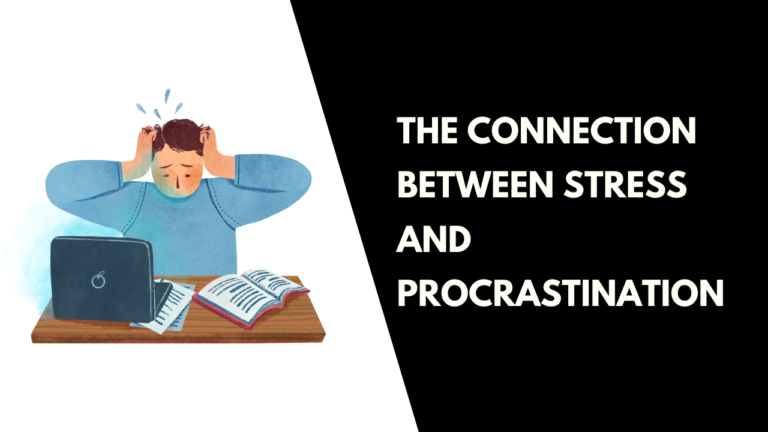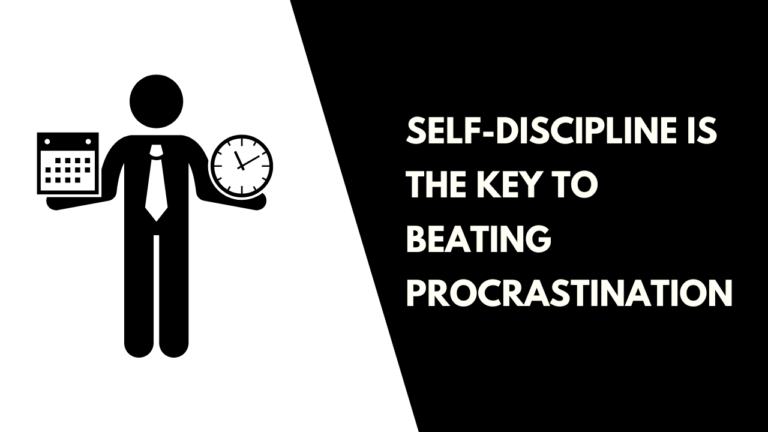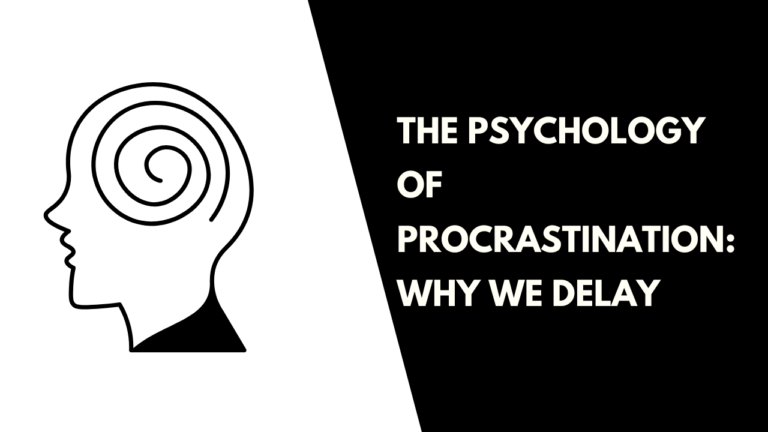10 Best Tips to Overcoming Perfectionism to Stop Procrastinating
10 Best Tips to Overcoming Perfectionism to Stop Procrastinating
Perfectionism and procrastination often go hand in hand, creating a vicious cycle that leaves you stuck and unproductive. The pursuit of flawlessness can paralyze you, making it difficult to start or complete tasks. This blog will dive deep into practical strategies for overcoming perfectionism to stop procrastinating and unlock your potential.
Table of Contents
Toggle1. Acknowledge the Problem
The first step to overcoming perfectionism to stop procrastinating is recognizing that you have a problem. Perfectionism often disguises itself as a desire for excellence, but when it leads to procrastination, it becomes counterproductive.
Example: You want to create the perfect presentation for a team meeting. Instead of starting early, you delay because you feel unprepared or fear it won’t meet your high standards. By the time you begin, you’re rushed and stressed, leading to a less-than-ideal result.
Actionable Tip: Reflect on instances where your need for perfection caused delays or stress. Keep a journal to identify patterns and triggers.
2. Set Realistic Expectations
Perfectionists often set unattainable standards, leading to feelings of failure and procrastination. Instead, aim for realistic and achievable goals.
Example: If you’re writing a report, instead of aiming for a masterpiece in the first draft, focus on completing a basic outline.
Actionable Tip: Use the SMART goal framework: make your goals Specific, Measurable, Achievable, Relevant, and Time-bound.
3. Adopt a Growth Mindset
Overcoming perfectionism to stop procrastinating requires embracing a growth mindset. Accept that mistakes are opportunities to learn rather than failures to avoid.
Example: A budding entrepreneur might delay launching their business, fearing it won’t be perfect. However, successful entrepreneurs view every misstep as a stepping stone to improvement.
Actionable Tip: Reframe setbacks as learning experiences. For instance, if your presentation didn’t resonate with your audience, analyze feedback and use it to improve.
4. Break Tasks into Smaller Steps
Large projects can feel overwhelming, especially for perfectionists. Breaking them into manageable chunks makes starting easier and reduces procrastination.
Example: Writing a book might seem daunting, but starting with one chapter or even a single page each day makes it achievable.
Actionable Tip: Use a project management tool like Trello or Asana to break tasks into smaller, actionable steps with deadlines.
5. Prioritize Progress Over Perfection
Perfectionists often wait for the “perfect” time or circumstances to begin. However, focusing on progress rather than perfection is key to overcoming perfectionism to stop procrastinating.
Example: Instead of waiting for the perfect conditions to start exercising, commit to a 15-minute walk daily, regardless of circumstances.
Actionable Tip: Adopt the mantra, “Done is better than perfect.” Celebrate small wins to keep momentum going.
6. Set Time Limits for Tasks
Giving yourself unlimited time to perfect a task can lead to endless delays. Setting strict time limits forces you to focus and get things done.
Example: If you’re drafting an email, allocate 15 minutes to complete it rather than revising it endlessly.
Actionable Tip: Use a timer, such as the Pomodoro technique, where you work for 25 minutes and take a 5-minute break. This structure encourages efficiency.
7. Practice Self-Compassion
Harsh self-criticism fuels perfectionism and procrastination. Practicing self-compassion helps you overcome the fear of failure and take action.
Example: If a student scores poorly on an exam, instead of berating themselves, they can acknowledge their effort and identify areas for improvement.
Actionable Tip: Speak to yourself as you would to a close friend. Replace negative self-talk with supportive and constructive dialogue.
8. Learn to Delegate
Perfectionists often struggle with delegation, believing no one can meet their standards. However, delegating tasks can free up time and reduce procrastination.
Example: A manager overwhelmed with responsibilities can assign routine tasks to team members, focusing their energy on high-priority projects.
Actionable Tip: Start small by delegating minor tasks. Provide clear instructions and trust your team’s capabilities.
9. Seek Feedback Early
Waiting until something feels “perfect” before seeking feedback can lead to delays. Sharing your work early allows you to make improvements without the pressure of perfection.
Example: A graphic designer shares a draft logo with clients to gather input rather than spending days on a final version that might not align with their vision.
Actionable Tip: Set milestones to gather feedback at different stages of your project. This approach saves time and ensures your work meets expectations.
10. Celebrate Imperfections
Embracing imperfections can be liberating. Recognize that flaws make your work unique and authentic.
Example: A handmade pottery artist might initially struggle with uneven edges but eventually realize they add character to their creations.
Actionable Tip: Create a “win wall” where you document completed tasks, no matter how small or imperfect. Reflect on your progress regularly.
Real-Life Example of Overcoming Perfectionism to Stop Procrastinating
Meet Priya, a marketing professional. Priya often delayed projects because she wanted every campaign to be flawless. Her perfectionism led to missed deadlines and burnout. Priya decided to take actionable steps to change:
Acknowledged the Problem: Priya realized her perfectionism was harming her productivity.
Set Realistic Expectations: She redefined “success” as completing tasks on time, even if they weren’t perfect.
Used Time Limits: Priya allocated specific hours for each project phase.
Sought Feedback Early: Sharing drafts with her team saved her time and provided valuable insights.
Over time, Priya’s work became more efficient, and she felt less stressed. By prioritizing progress over perfection, she stopped procrastinating and achieved better results.
Final Thoughts
Overcoming perfectionism to stop procrastinating is a journey that requires patience and persistence. By implementing these ten tips, you can break free from the cycle of perfectionism and procrastination, paving the way for greater productivity and fulfillment.
Remember, progress is better than perfection, and taking action is the first step toward success. What strategies have you tried to overcome perfectionism? Share your experiences in the comments below!
“Stop postponing your dreams! From Delay to Done is your ultimate guide to conquering procrastination. Grab your copy today on Amazon!







